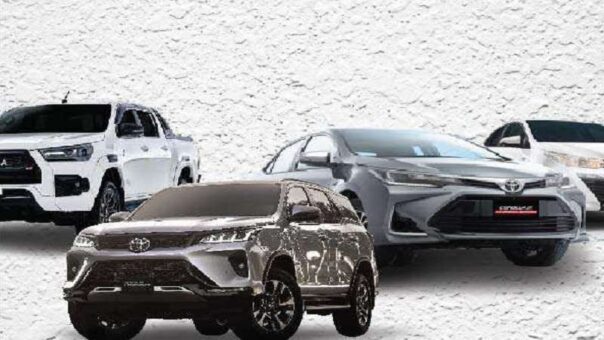Advance tax on motor vehicles is levied under Section 231B of the Income Tax Ordinance, 2001, as amended by the Federal Board of Revenue (FBR) for the tax year 2024-25.
Key Provisions of Section 231B:
1. Collection at Registration:
o Motor vehicle registering authorities of the Excise and Taxation Department are required to collect advance tax at registration, as per rates outlined in Division VII, Part IV of the First Schedule.
o No tax collection is required after five years from the vehicle’s first registration, based on the provisions of sub-section (6).
2. Leasing Arrangements:
o Leasing entities, including scheduled banks, non-banking financial institutions, investment banks, modarabas, and development finance institutions, must collect advance tax at 4% of the vehicle’s value when leasing to individuals not listed in the Active Taxpayers List (ATL).
3. Transfer of Ownership:
o Advance tax is also collected during the transfer of vehicle registration or ownership, based on rates in Division VII, Part IV of the First Schedule.
o This provision excludes transfers occurring more than five years after the vehicle’s initial registration.
4. Pre-Registration Sales:
o For locally manufactured vehicles sold before registration, the registering authority collects tax as per Division VII, Part IV of the First Schedule.
5. Collection at Sale by Manufacturer:
o Manufacturers must collect advance tax at specified rates when selling motorcars or jeeps.
6. Adjustability of Tax:
o Advance tax collected under this section is adjustable against the taxpayer’s liability. However, exemptions apply for cases where tax has already been collected under sub-section (3) or Section 148.
7. Exemptions:
o The following entities are exempt from this tax:
Federal, Provincial, and Local Governments
Foreign diplomats and diplomatic missions in Pakistan
8. Definition of “Date of First Registration”:
o The date varies depending on the source of acquisition, including Armed Forces, diplomatic missions, or government entities, or is determined by the Excise and Taxation Department for other cases.
9. Exclusion Criteria:
o Certain vehicles are exempt, including public transport, goods carriers, agricultural machinery, rickshaws, motorcycles, and motor vehicles with an engine capacity of up to 200cc.
This regulation aims to streamline tax collection on motor vehicles while ensuring a level playing field for all taxpayers.
